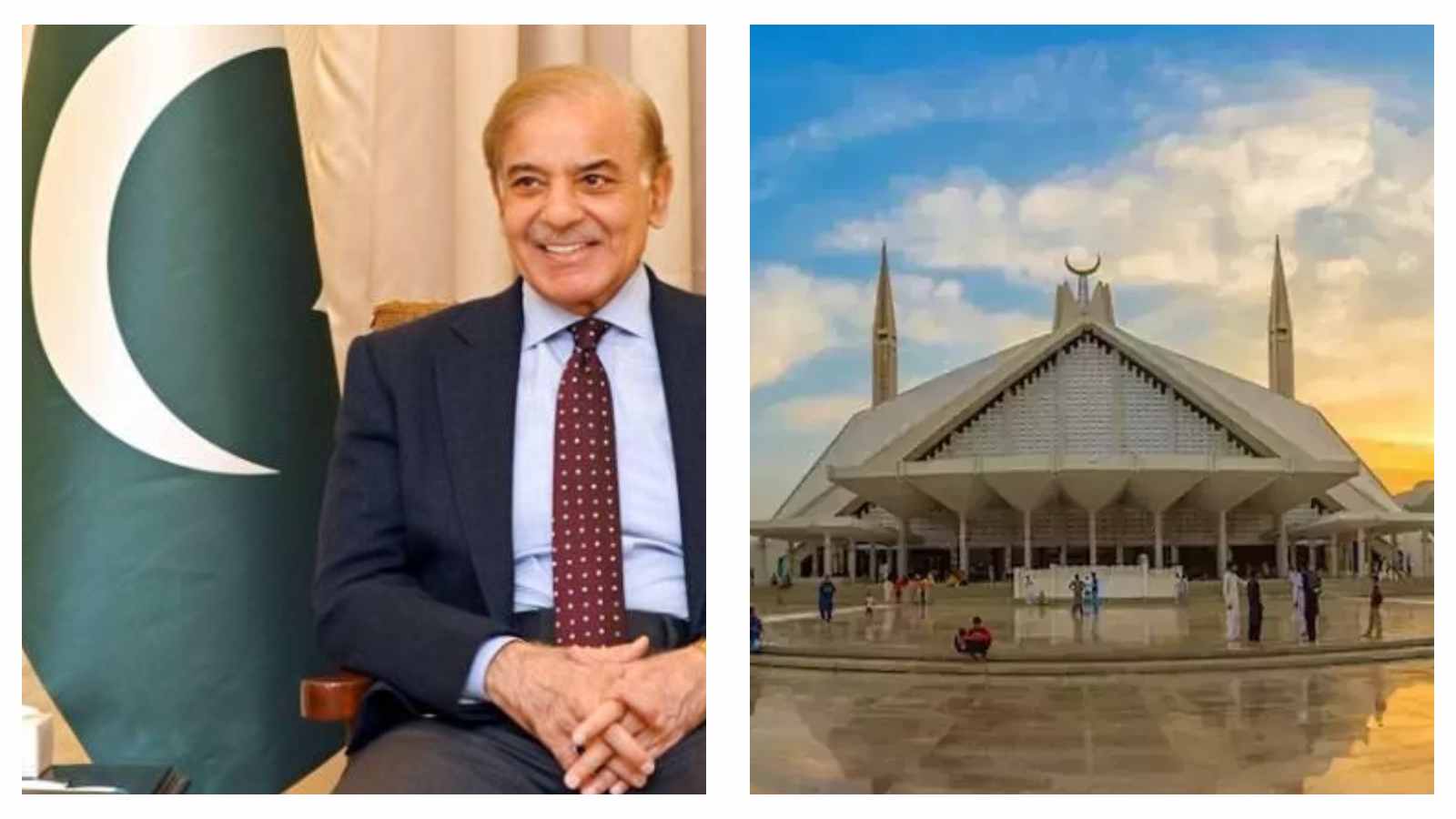By Andre Gutierrez
Pakistan Prime Minister Shehbaz Sharif has urged government agencies to adopt the digital model used in the recently implemented Ramadan Relief Package for other social welfare initiatives, emphasising the need for transparency and efficiency in public assistance programs.
Sharif commended the role of the State Bank of Pakistan (SBP), the National Database and Registration Authority (NADRA), and other technology institutions in ensuring that funds were distributed fairly and securely, Dawn newspaper reported.
He noted that the package, designed to ease financial burdens during Ramadan, was implemented nationwide, including in Gilgit-Baltistan and Azad Jammu & Kashmir, without discrimination.
Ramadan Relief Package: A model for future programs
Launched on March 1, the relief initiative allocated PKR20 billion to support approximately four million low-income families, benefiting around 20 million individuals in its initial phase.
Under the program, each eligible family received PKR5,000 through a digital wallet system, a method that Sharif believes could serve as a model for other government assistance efforts.
He highlighted that the streamlined digital disbursement process expedited aid distribution and provided a layer of accountability that traditional cash-based systems often lack, GeoNews TV reported.
Call for increased transparency
The prime minister also called for a third-party audit of the Ramadan Relief Package to further reinforce its transparency.
Additionally, he directed telecom companies and banks involved in the program to intensify awareness campaigns, ensuring that all eligible recipients could access the financial support available to them.
YOU MAY ALSO LIKE: Vietnam’s duck farm: A quirky, must-try tourist experience

Progress and future implications
Government officials provided updates during the meeting, reporting that 63% of beneficiaries had already received their funds, with each transaction fully documented.
More than 2,200 personnel were mobilised to facilitate the program, and over 1.5 million potential recipients were contacted through outreach efforts.
Attended by key cabinet members and representatives from private sector institutions, the meeting underscored Pakistan’s ongoing shift toward digital governance and financial inclusion.
Sharif’s directive signals a broader push to modernise welfare distribution, potentially reshaping how government aid reaches vulnerable populations in the future.
READ NEXT: Malaysians struggling to afford nutritious meals, study warns
